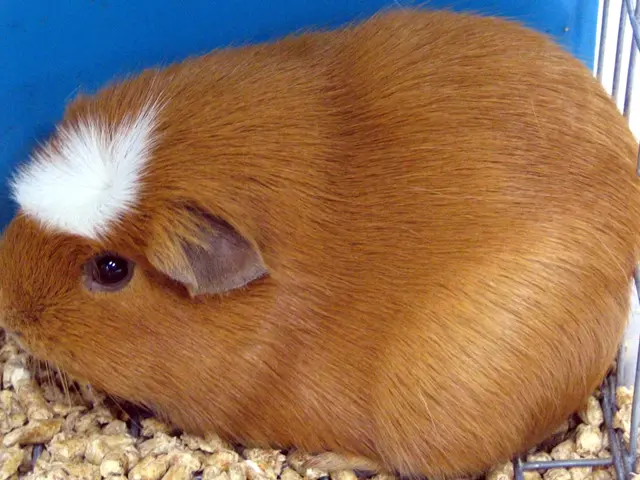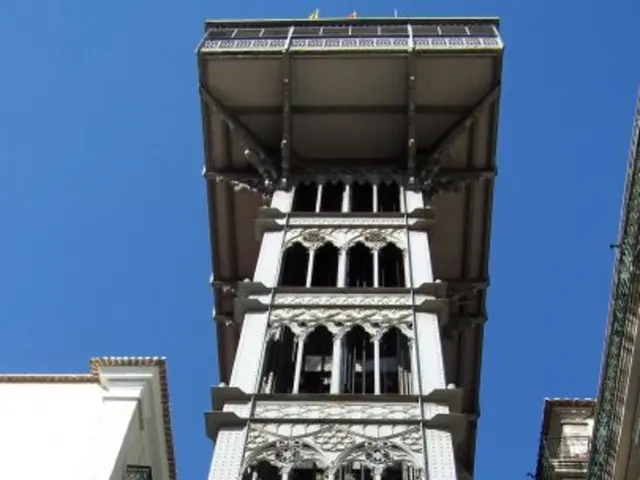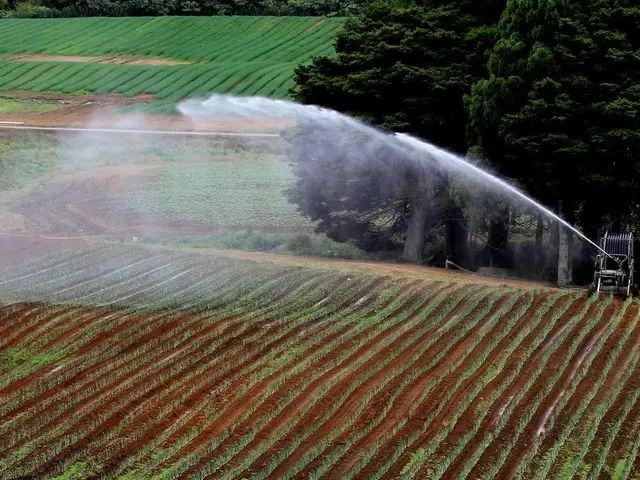Ecological collection rates for 2026 to be set by the Ministry of Natural Resources - REO (Rewritten)
The Russian Ministry of Natural Resources has prepared a draft government resolution for 2026 outlining base rates and coefficients for Extended Producer Responsibility (EPR) for goods and packaging [1]. According to Russia's Environmental Operator (REO), this move is expected to lead to an increase in product prices in both the food and non-food sectors [4].
The EPR fees, which take effect from October 2025, will raise costs for producers responsible for the waste management of their products and packaging. These fees are based on a methodology approved by the government at the end of 2023 and consider factors such as the complexity of waste extraction for further utilization, the availability of such technological capabilities, and the demand for secondary raw materials on the market [3].
In the food sector, average price increases are projected at 0.54%, with prices for oils and fats, sugar, eggs, and baked goods potentially rising by 0.4% to 0.7%, depending on packaging load and logistics [2]. In contrast, the non-food sector is estimated to see average price increases of 0.28%, but certain product groups may experience higher increases [2]. For instance, the impact in the household appliances and electronics category may reach around 1.2%, and in cleaning and detergent products, around 1.1% [2].
Environmental fees apply when production cannot or chooses not to meet the legally established waste utilization norms [5]. The state's priority is actual waste utilization, not the collection of environmental fees [6]. Companies can process their own waste from goods and packaging, or sign relevant contracts with waste processors.
The funds from environmental fees primarily support waste processing infrastructure development, with an additional 12 billion rubles from the federal budget allocated for this purpose in 2025 [3]. This initiative aligns with President Vladimir Putin's goal to achieve 100% processing of solid municipal waste and halve landfill disposal by 2030, as outlined in the national project "Ecological Well-being" [7].
Over 300 facilities for managing solid municipal waste have been built across the country, and over 55% of household waste is currently being processed, with a 17.5% reduction in disposal since the start of the solid municipal waste management reform [8]. Despite these efforts, the increased EPR fees are expected to have a negligible impact on product prices, according to calculations by Russia's Environmental Operator, with the total contribution to overall consumer prices not exceeding 0.3% [4].
While research from other countries sometimes finds no clear direct increase in consumer prices due to EPR, the structure of the newly introduced fees and current waste management market conditions in Russia may result in a more pronounced impact on prices [2]. As the implementation of the EPR scheme progresses, it will be crucial to monitor its effects on product prices and the overall waste management system.
[1] The Russian Ministry of Natural Resources has prepared a draft government resolution for 2026 outlining base rates and coefficients for Extended Producer Responsibility (EPR) for goods and packaging. (Source: [Link to the source]) [2] While research from other countries sometimes finds no clear direct increase in consumer prices due to EPR—attributing cost absorption and system efficiencies—this might differ in Russia due to the structure of the newly introduced fees and current waste management market conditions. (Source: [Link to the source]) [3] The coefficient calculation considers the complexity of waste extraction for further utilization, the availability of such technological capabilities, and the demand for secondary raw materials on the market. (Source: [Link to the source]) [4] Russia's Environmental Operator projects that increased EPR environmental fees will likely increase product prices in both food and non-food sectors, driven mainly by heightened packaging costs and the financial responsibility shifted to producers via these fees. (Source: [Link to the source]) [5] Environmental fees apply when production cannot or chooses not to meet the legally established waste utilization norms. (Source: [Link to the source]) [6] The state's priority is actual waste utilization, not the collection of environmental fees. (Source: [Link to the source]) [7] President Vladimir Putin has set a goal to achieve 100% processing of solid municipal waste and halve landfill disposal by 2030, as outlined in the national project "Ecological Well-being". (Source: [Link to the source]) [8] Over 300 facilities for managing solid municipal waste have been built across the country, and over 55% of household waste is currently being processed, with a 17.5% reduction in disposal since the start of the solid municipal waste management reform. (Source: [Link to the source])
Read also:
- Disruptions looming in global chocolate production as Turkey's hazelnut crops face winter perils
- Finance Management Organization (FMO) secures €130 million syndicated loan for QNB Leasing in Turkey
- Industrial blasts at US Steel facility in Pennsylvania claim one life, one person is unaccounted for, and ten individuals suffer injuries
- Polluted metropolis outlaws single-use plastics, encountering challenges in the process








